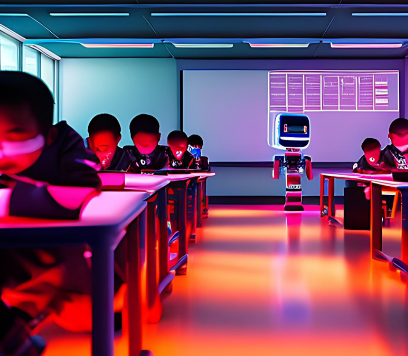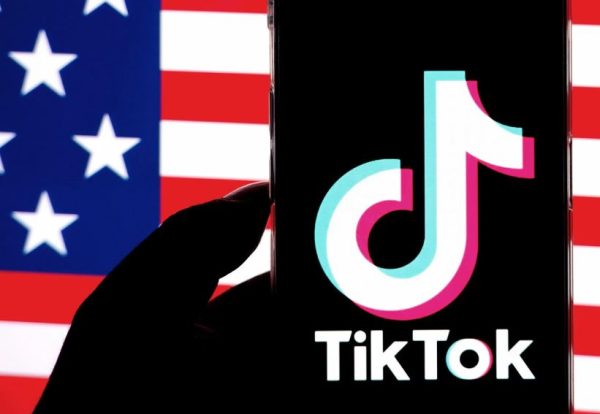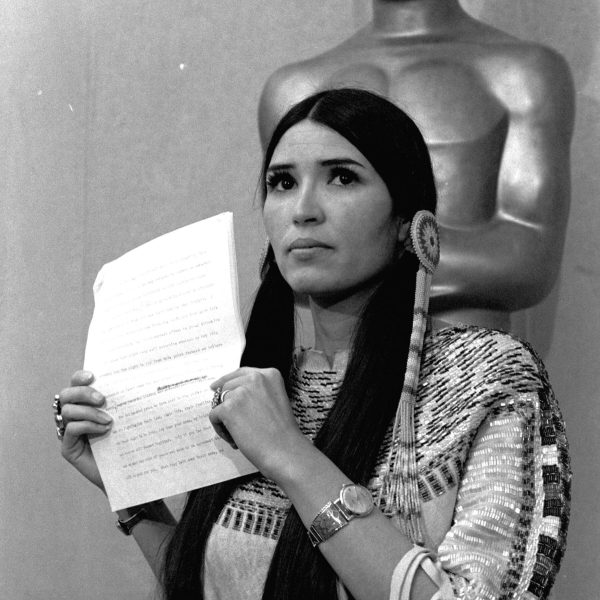AI’s Effect on Education
As artificial intelligence (AI) continues to advance at an unprecedented pace, the implications of its impact on humanity are becoming increasingly apparent. While some express concern that AI may surpass human intelligence and pose a threat to our existence, others argue that it has the potential to greatly enhance our lives and enable us to solve some of the world’s most pressing problems. Regardless of one’s perspective, it is clear that AI has the power to shape the future of humanity in ways that were once unimaginable.

AI is a double-edged sword with the capabilities being endless, as it could be used in a moral or unethical way. In school, AI can help teachers grade and create assignments easily; however, it can also be used for cheating in schools. The paragraph above was written with ChatGPT, a user-friendly AI software. Its ability to write an eloquent paragraph mimicking a human style showcases only a fraction of what it can do.
Kasthuri Sakthikumar, a computer science teacher at Skyline, describes AI as an instrument with the power of it in the hands of the people and how it should not be misused.
“AI is simply a tool which will do what you ask of it, and it will go no further unless prompted to,” Sakthikumar said. “If used wisely AI can cause no harm and is a great resource and a second brain for humans to utilize.”
User-friendly AI chatbots are able to comprehend and sustain conversations and bots such as ChatGPT and GPT-3, have been in the making for 50 years, each new bot with more extensive capabilities, and recently ChatGPT has caught the public’s eye.
As its popularity skyrocketed, educators contemplate the integration of these bots into the classroom as it is essential to consider the potential benefits and drawbacks of this technology. Sakthikumar wants schools to understand that students will always have access to information with great depth regarding any topic, now with AI’s extensive reach. Instead of teaching plain facts they need to teach creative and critical thinking, something students will not learn by using chatbots.
“Although ChatGPT is a great resource to see how to write essays and computer code it spoonfeeds students answers,” Sakthikumar said. ”Students will always have access to these resources so instead of completely curtailing them, we must teach them how to think creatively and critically, something AI struggles with.”
Currently, schools make no motion to merge AI chatbots into their curriculum, and instead, some ban them completely. Sarah Grayson, an English tutor, recognizes chatbots’ capabilities to cheat and advises students to stay away from ChatGPT in high school so they can build a strong foundation in writing which will benefit them later in life, instead of relying on an AI.
“To most students, school essays are annoying and everybody needs a good grade on them, so ChatGPT seems like an easy way out,” Grayson said. ” What students don’t realize is essays are helping you learn how to analyze pieces of text and critically think and verbally express it, a valuable skill in today’s world.”
Kevin Roose an NYT columnist thinks that the integration of AI is essential in the evolution of education. Roose believes that students must be prepared to work alongside AI and advises schools to slowly mesh it into their curriculum.
Roose says, to start, schools can make AI create personalized lesson plans for students based on their different skill levels and provide hints or guides for students stuck or behind on work. Similarly, Grayson states that AI could act as a personal assistant for students and be an overall mentor in or out of the classroom.
“Students wouldn’t have to always rely on teachers for answering their questions making it easier for teachers,” Grayson said. “Though google exists, AI could help provide another layer of depth and understanding without much research.”
However, as with any technological integration, there are also concerns. Sakthikumar states that more AI could lead to a decrease in the need for human teachers, with the subsequent loss of the human touch and empathy that good teachers provide. It would ultimately diminish human interaction.
“The connection between the teacher and a student may be lost,” Sakthikumar said “In the far future the relevance of teachers may be questioned as the accuracy of AIs will surpass humans and education may lose its personal element.”
Some students find ChatGPT useful in school but draw the line regarding plagiarizing work from the bot. Dustin Sparks, a senior, uses the chatbot to plan his day and homework schedule. He also makes research work easier by asking the AI to come up with reputable sources related to a specific topic for him to narrow down reviewing sources, making it simpler to write essays.
“It helps me get work done faster because of the instant planning, something I don’t have to waste time in,” Sparks said. “I can also get through homework more quickly because of its ability to search for good sources or explain something to me in simple terms. I also make sure not to fully rely on what it says and never plagiarize work done by it.”
Despite certain negative aspects, the potential for AIs in education is undeniable. As academia moves forward schools must consider striking a fine balance between the usefulness of AI while acknowledging and staying away from its pitfalls. With the right approach, AI can be embraced and can enhance education rather than replace it.





